The West’s Dangerous Sanctions Strategy— Economic Hardship for Europe now, but much worse for Russia later
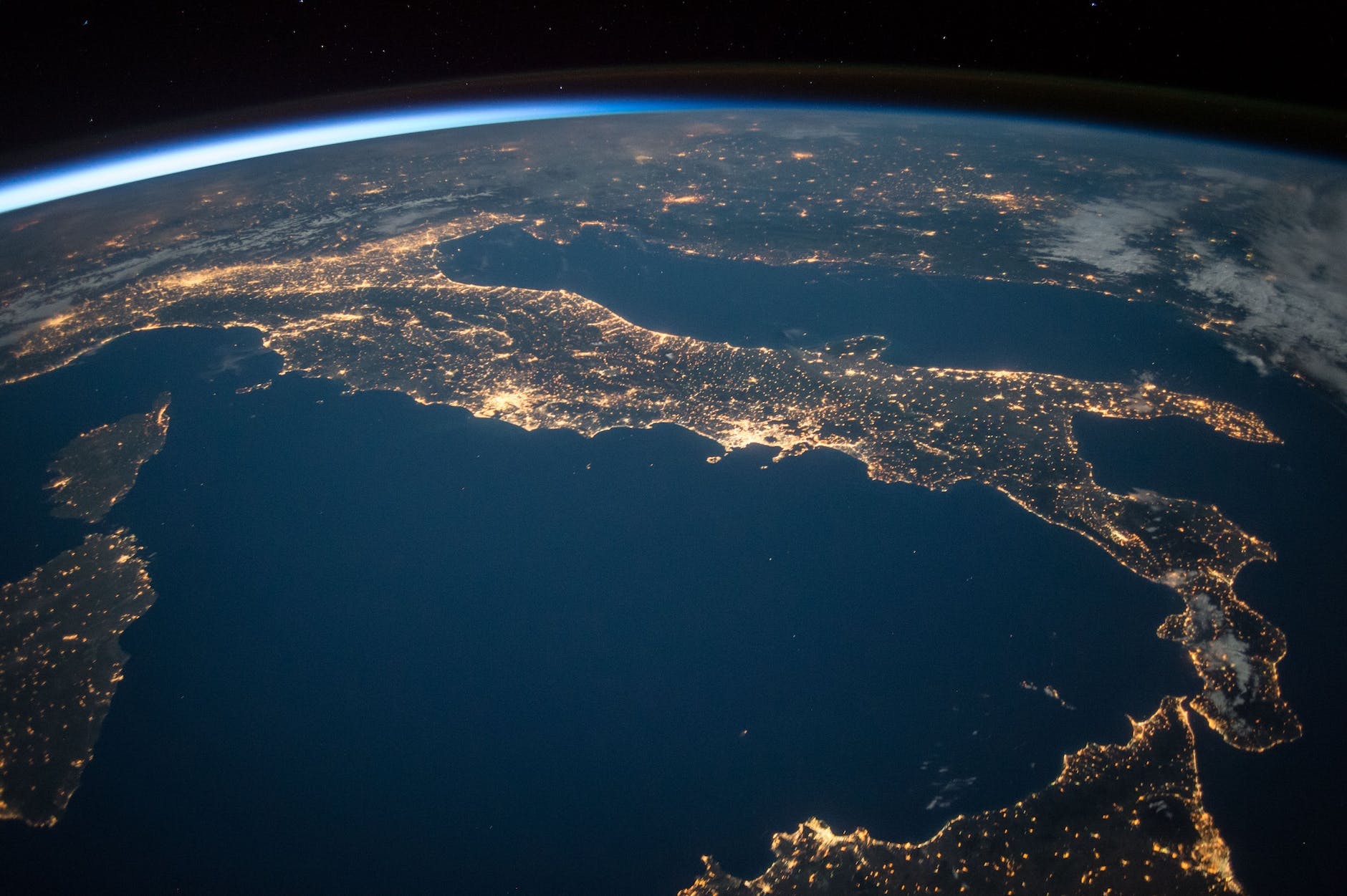
As Russia’s war in Ukraine continues on, symptoms of worry are spreading throughout Europe due to the West’s Dangerous Sanctions Strategy. Italy’s food banks are feeding more people. As they prepare their plans to ration natural gas and restart coal units, German officials are turning down the air conditioning.
A large utility is requesting a bailout from the public, and more may follow. Dairies are unsure about the best way to pasteurize milk. In comparison to the dollar, the euro has fallen to a 20-year low, and more people are predicting a recession.
Those pressure points show how the battle, along with the Kremlin’s progressive shutoff of natural gas that keeps the industry running, produced an energy crisis in Europe and increased the risk of a recession just as the economy was recovering from the COVID-19 pandemic.
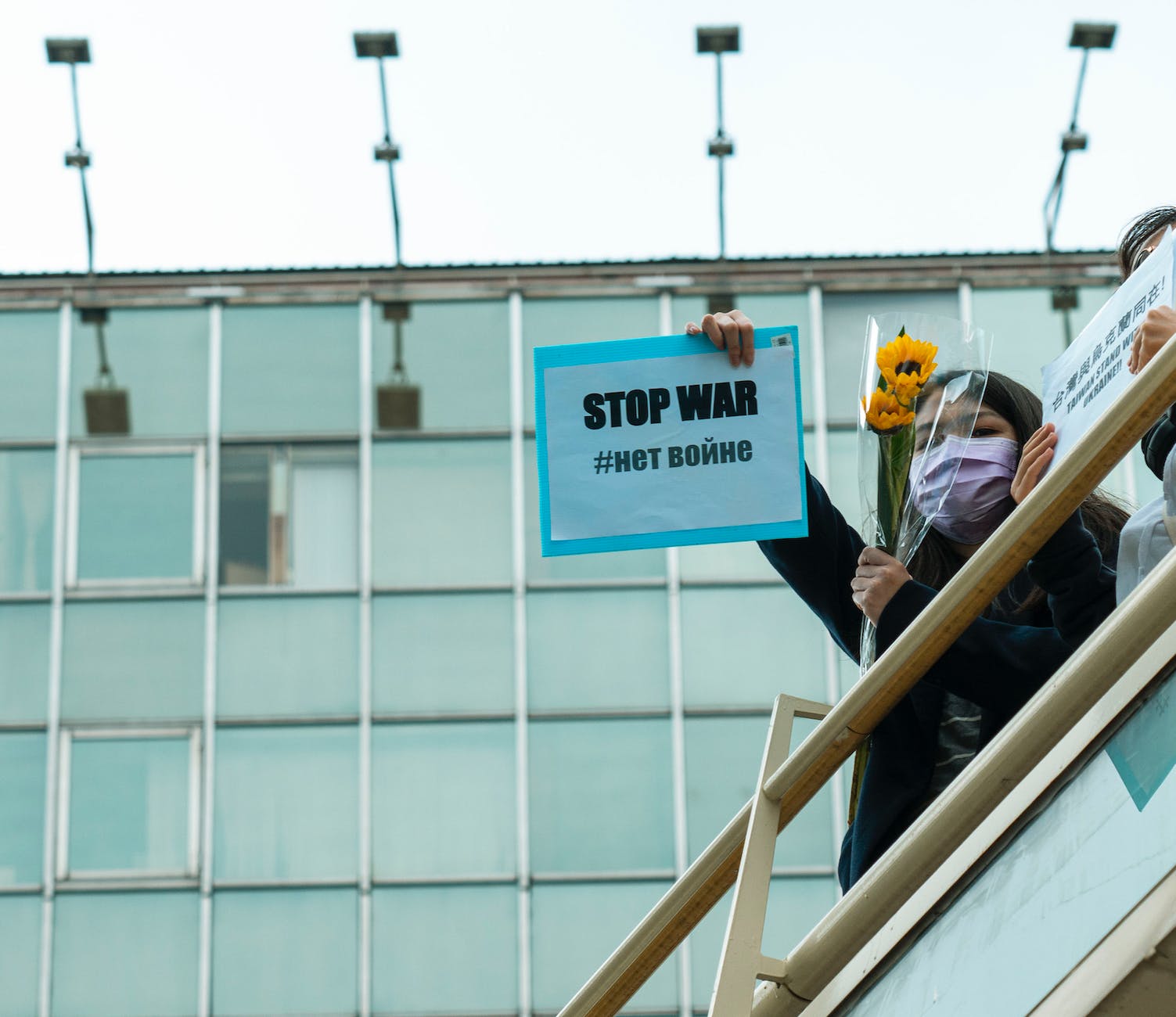
Russia, a major exporter of oil and natural gas, is benefiting from the high energy prices brought on by the conflict because its nimble central bank and years of expertise dealing with sanctions have kept the ruble and inflation stable despite its economic isolation.
In the long run, economists believe that while Russia will avoid total collapse, the war will cost it dearly in the form of increased economic stagnation due to lost investment and decreased living standards for its citizens.
Also Read: A Brief History of Economics
The immediate task facing Europe is to combat record inflation of 8.6% and survive the winter without suffering from severe energy shortages. The continent depends on Russian natural gas, and as a result, factories, food prices, and fuel tanks are all rising as a result of the higher energy prices.
Energy-intensive sectors like steel and agriculture are affected by uncertainty and may experience natural gas restrictions to safeguard houses if the situation worsens.
Molkerei Berchtesgadener Land, a sizable dairy cooperative in the German town of Piding outside of Munich, has kept 200,000 liters (44,000 gallons) of fuel oil on hand in case electricity or natural gas to its turbine generator is interrupted. This allows the cooperative to continue producing power and steam for pasteurizing milk and keeping it cold.
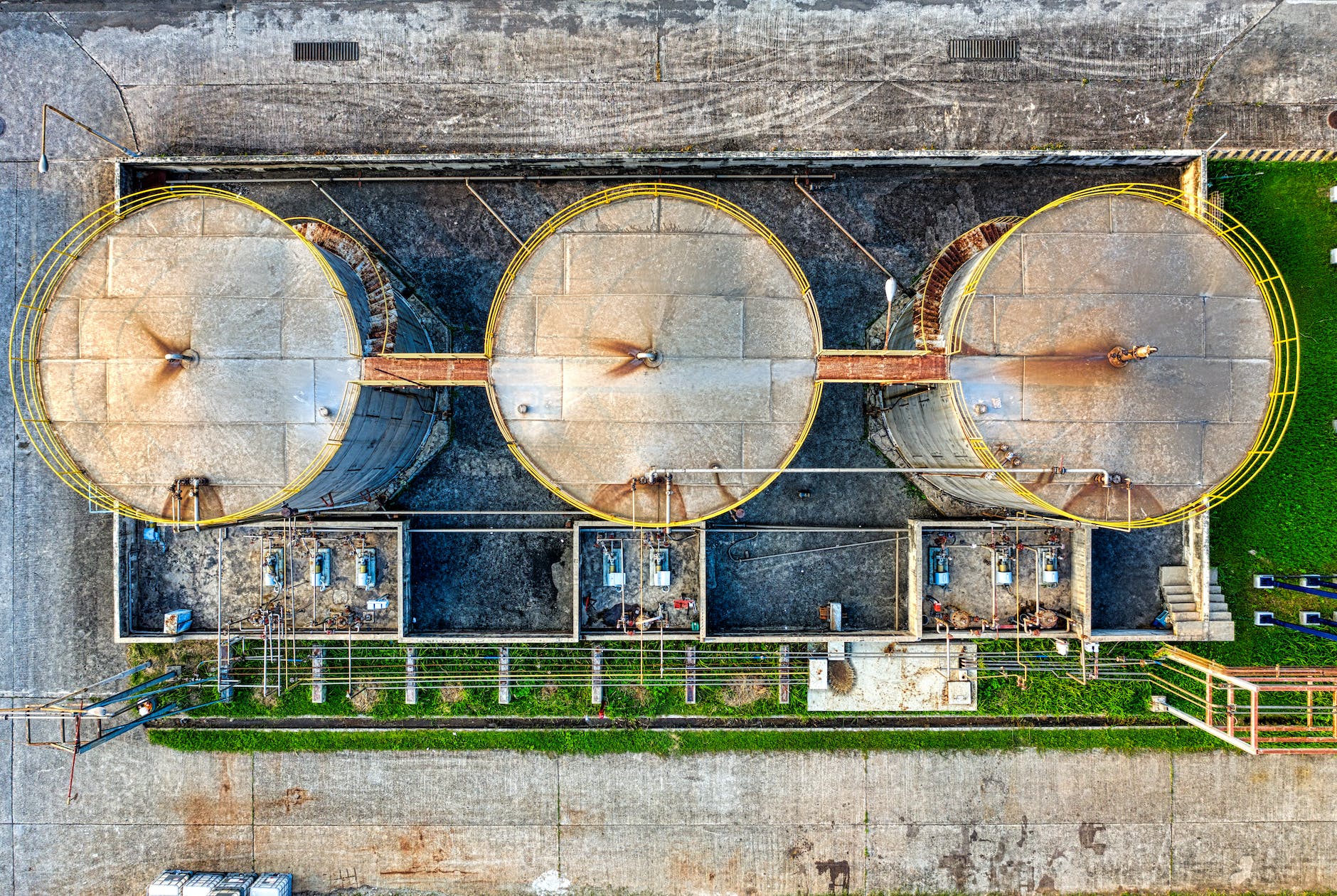
For the 1,800 member farmers, whose 50,000 cows generate a million gallons of milk each day, it is a crucial measure of protection. Daily milking of dairy cows is required, and in the event of a shutdown, there would be nowhere for the ocean of milk to go.
According to managing director Bernhard Pointner, if the dairy industry isn’t operating properly, neither can the farmers. The farmers would then have to throw away their milk.
The dairy uses as much electricity in an hour as a home would require in a year to keep 20,000 pallets of milk chilled.
Also Read: Effects of Imports and Exports on the Economy
To protect against suppliers being affected by an energy deficit, the dairy has also stocked up on packaging and other supplies: “We have a lot stored… however, that will pass after a few weeks.
The financial difficulties are discussed over dinner as well. According to consumer advocacy organizations, the average Italian household will spend 681 euros (or dollars) more on food this year.
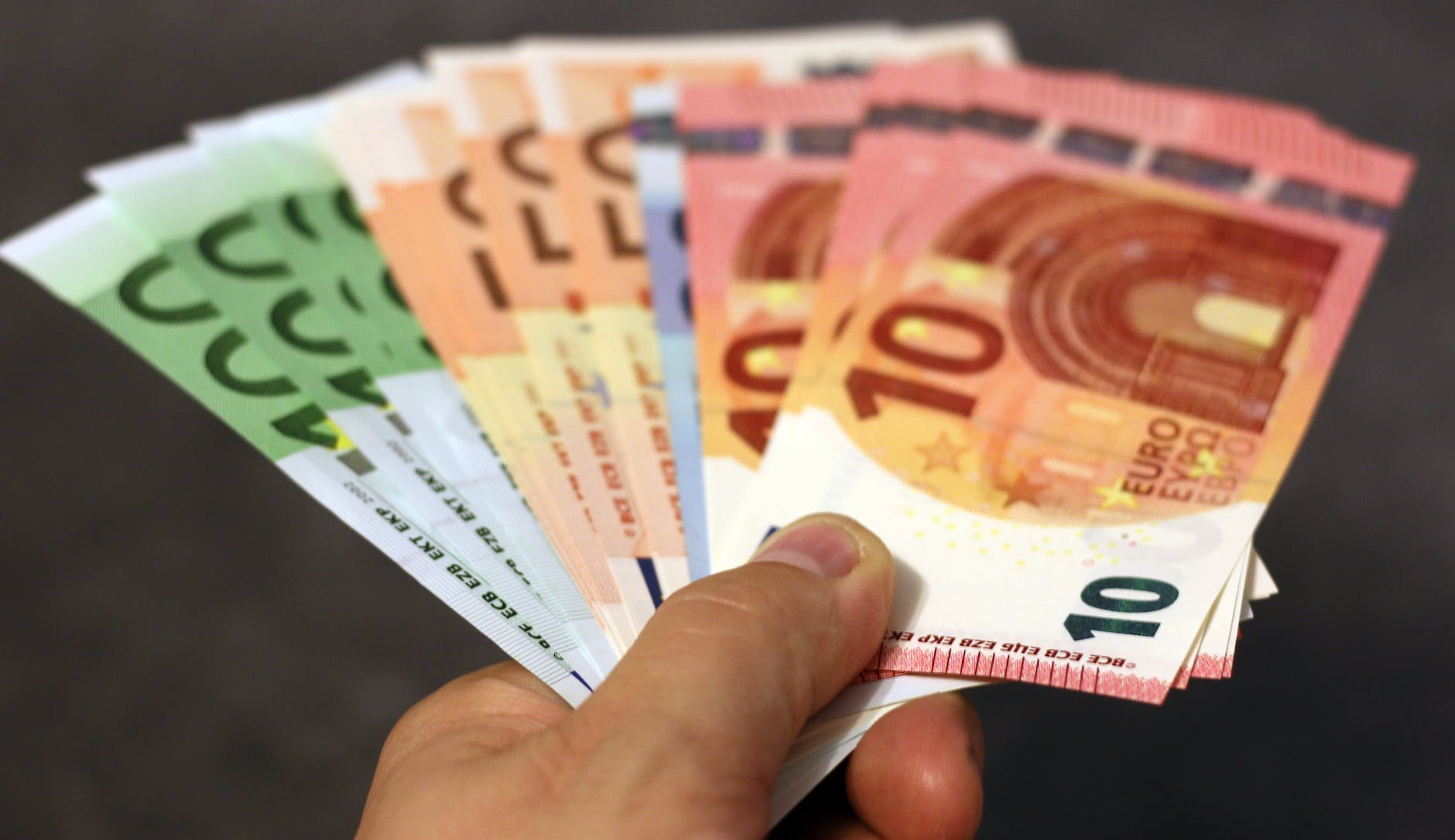
Dario Boggio Market, president of the Food Bank of Lombardy, which brings together dozens of organizations that run soup kitchens and offer basic necessities to the poor, said, “We’re particularly concerned about the situation and the continuing increase in the number of families we’re supporting. This year, their monthly expenses increased by 5,000 euros.
Jessica Lobli, a single mother of two from the Gennevilliers neighborhood of Paris, is well aware of rising supermarket costs.
Lolli, who makes between 1,300 and 2,000 euros a month working in a school kitchen, asserted, “The situation will worsen, but we need to eat in order to survive.”
In June, she cut her monthly food budget from 150 to 200 euros to just 100 euros. Although her family doesn’t eat as much during the summer, she expressed worry about September when she will need to buy school supplies for her son, 8, and daughter, 15. This will further deplete her budget.
Also Read: The US Economy and How it Works?
The government of France, according to President Emmanuel Macron, seeks to preserve energy by turning off streetlights at night and implementing other measures. Similar to this, German officials are regulating lower heat and air conditioning settings in public buildings and pleading with individuals and businesses to conserve energy.
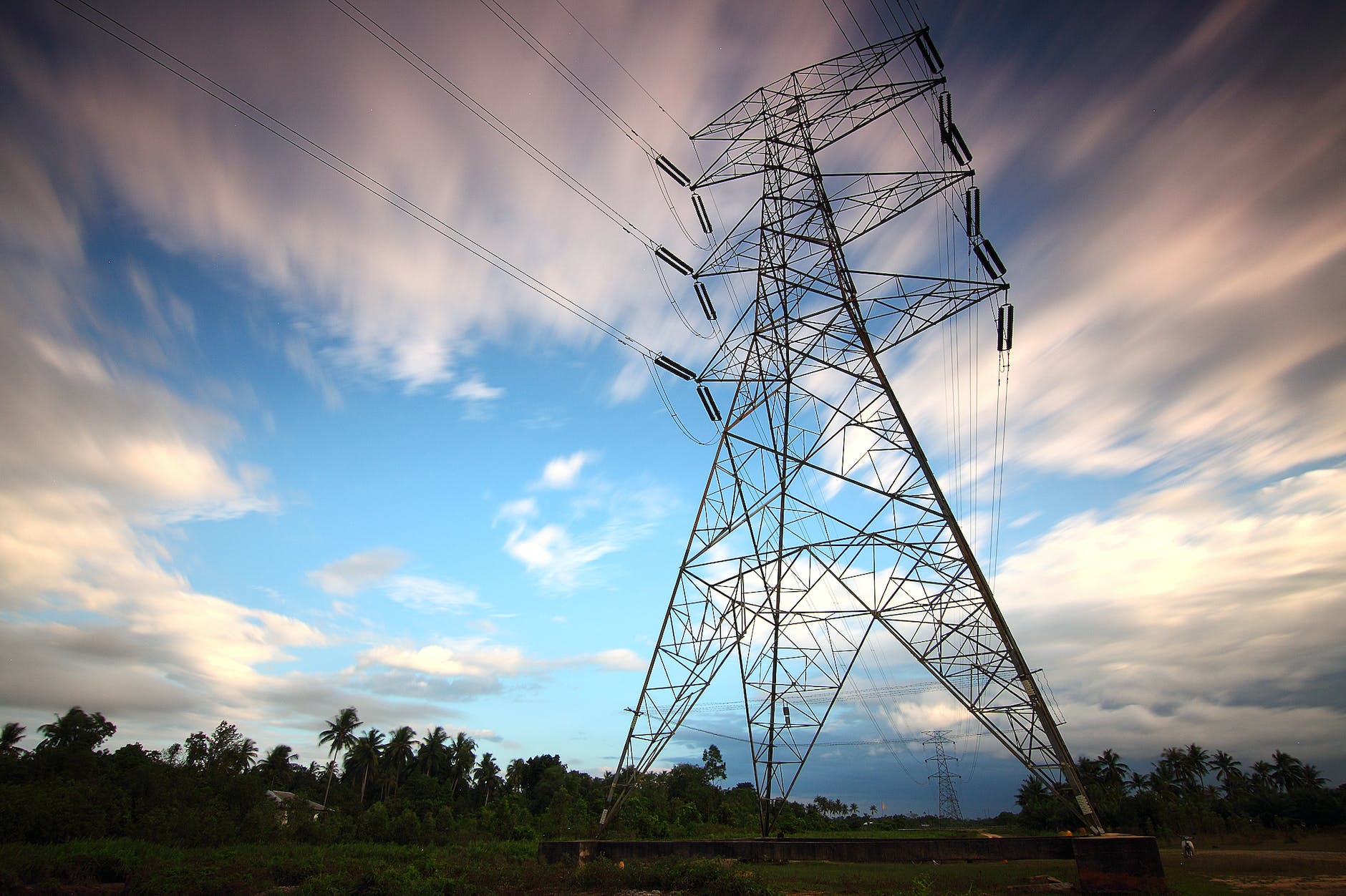
It comes after Russia reduced or shut off natural gas to a dozen European nations. There are worries that flow through Nord Stream 1 between Russia and Germany won’t resume after being shut down for repair last week along with another significant gas pipeline.
The largest importer of Russian gas into Germany, Uniper, has requested assistance from the government after being forced to choose between what it could charge consumers and increasing gas prices.
Also Read: The Financial Crisis of 2007-08
A recession is predicted for the end of the year as rising prices reduce purchasing power, according to Carsten Brzeski, the chief eurozone economist at ING bank. The ability of governments to make the significant investments required for the shift to an economy based on renewable energy will determine Europe’s longer-term economic growth.
“The only thing left is to hope that everything will work as before, but it won’t without investment or fundamental reform,” Brzeski added.
Shipments of liquified natural gas to Europe, the largest supplier amongst which is Russia.
Russia has stabilized its currency exchange rate, stock market, and inflation through considerable government intervention while Europe is struggling. As Western consumers pull back, Russian oil is finding additional buyers in Asia, although at discounted prices.
The Kremlin created a fortress economy by keeping debt low and pressuring businesses to obtain components and food from Russia after being slammed with sanctions following the 2014 takeover of the Crimean peninsula of Ukraine.
There is no sense of an impending crisis in downtown Moscow, despite the closure of foreign-owned companies like IKEA and Russia’s first foreign debt default in more than a century. Even if the seven-story Evropeisky mall’s Uniqlo, Victoria’s Secret, and Zara stores are shuttered, well-off young people continue to frequent eateries.
no-i Tochka, which replaced McDonald’s, is serving cuisine that is essentially identical, although the previous Krispy Kreme in the mall has changed its name but continues to sell the same products.
Also Read: What is Inflation?
Sofya Suvorova, who lives in Nizhny Novgorod, 440 kilometers (273 miles) from Moscow, has noticed the strain on the household budget in the less affluent districts.
She stated when grocery shopping at a store, “We hardly ever get takeout meals anymore. When you have little kids, it used to be quite convenient. We spend less time at cafes. We tried to retain some entertainment for children, but adults had to cut back on things like theatre and concerts.
Also Read: Semiconductor: All the Information You Need
According to economists, the lowering inflation rate and stronger-than-before-the-war exchange rate of the ruble against the dollar provide an inaccurate picture.
The currency rate has been fixed by regulations that forbid money from leaving the nation and compel exporters to convert the majority of their foreign revenues from oil and gas into rubles.
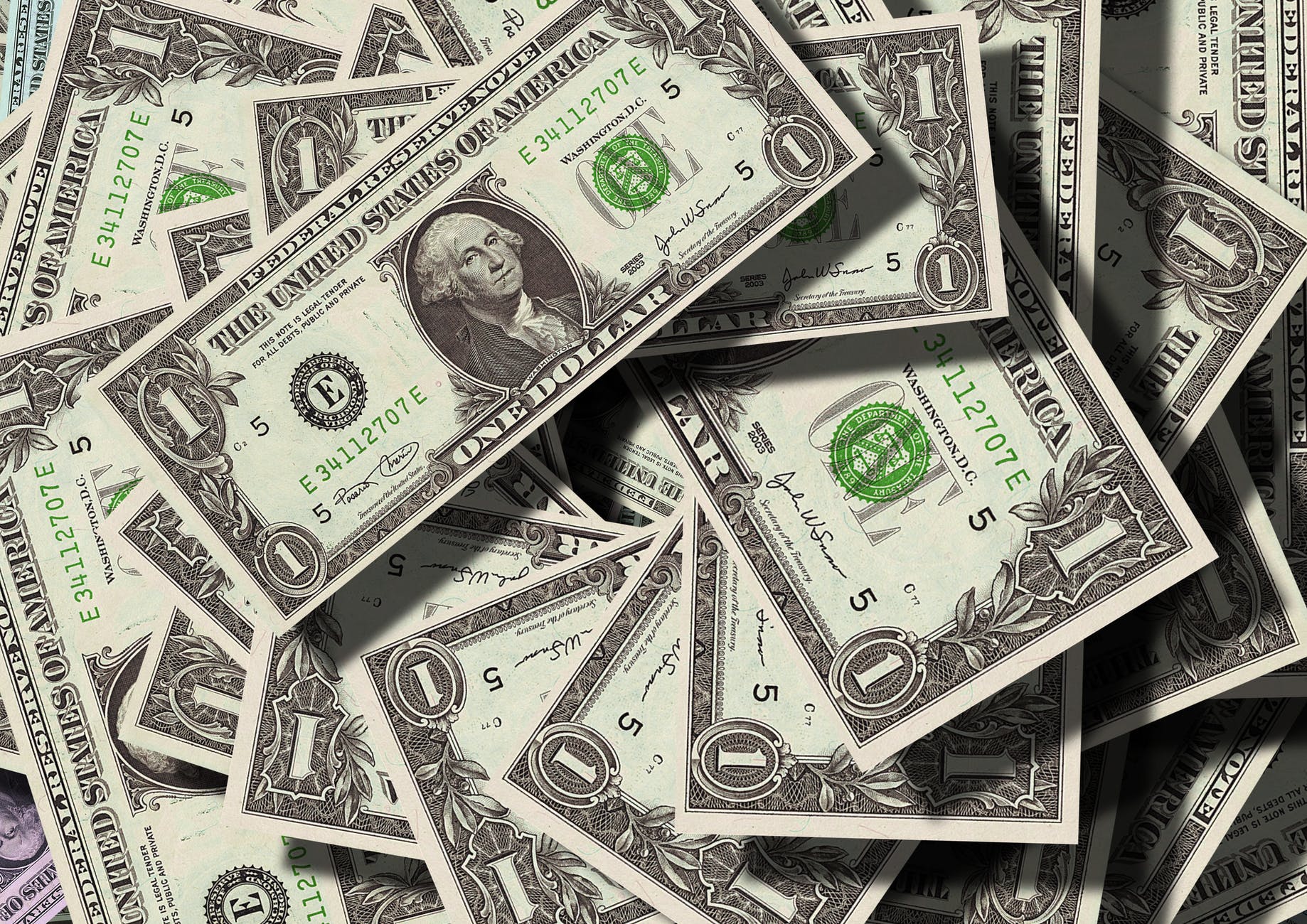
Additionally, according to Janis Kluge, a specialist on the Russian economy at the German Institute for International and Security Affairs, the inflation rate “has somewhat lost its relevance.” This is due to the fact that it ignores the disappearance of Western goods and that lower inflation is likely a result of declining demand.
According to political scientist Ilya Matveev, in 2020, foreign or mixed ownership companies employed about 2.8 million Russians. Up to 5 million jobs, or 12% of the workforce, are dependent on foreign investment when suppliers are taken into consideration.
Russians may become owners of foreign businesses, and protectionism, along with a surplus of government jobs, will prevent widespread unemployment.
The economy, however, will be significantly less productive, according to Kluge, “resulting in a considerable decrease in average real earnings.”
THANKS FOR READING




